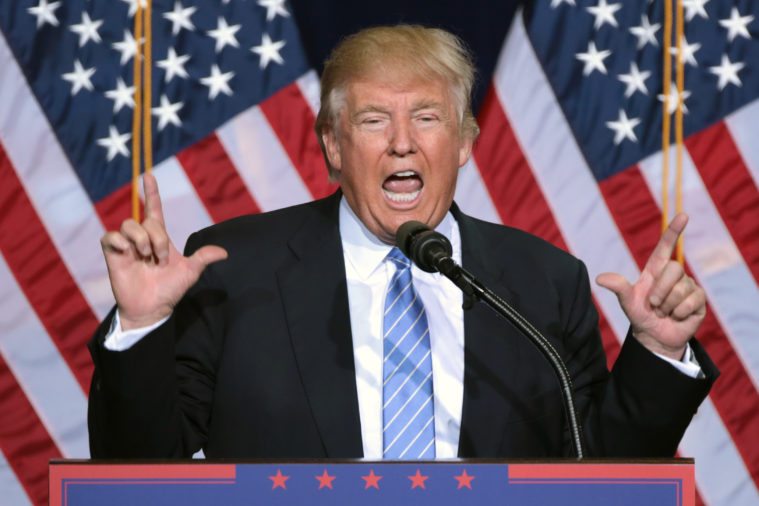General Discussion
Related: Editorials & Other Articles, Issue Forums, Alliance Forums, Region ForumsThe Violence of Trump's Words How do we assess blame for the consequences of dehumanizing rhetoric?
The Violence of Trump’s Words
How do we assess blame for the consequences of dehumanizing rhetoric?

From the start, the essence of Donald Trump’s political project has been the dehumanization of others. When he descended the gilded escalator at Trump Tower in June 2015 to kick off his presidential campaign, he famously told a national TV audience that Mexico was “not sending their best.” The people coming across the border were “bringing drugs. They’re bringing crime. They’re rapists.” Two months later, two brothers in Boston found Guillermo Rodriguez, a 58-year-old Hispanic homeless man and a legal resident of the United States, sleeping outside a subway station. They urinated on his face, and when he woke up, the men took a metal pole and beat Rodriguez around his head and chest. The two men told police that “Donald Trump was right. All these illegals need to be deported.”
Rodriguez was in some ways the president’s first victim, the canary in the coal mine, and as such his name ought to be better known. Of course, the people ultimately responsible for what happened to Rodriguez were the two men who beat him. From the very beginning of Trump’s campaign, we’ve struggled with a core question: How do we assess blame for the consequences of dehumanizing rhetoric?
The Rodriguez case is demonstrative in part because one of the brothers had previously attacked a Sikh man in Boston after 9/11. In other words, he was prone to violent hate crimes, and 9/11 had incited him. So had Trump’s campaign. It encouraged him to go further, to take action. It gave him permission, just as the president now is permitting others to freely express long-hidden beliefs.
-----
If you strip away parties and ideologies and everything else, the dividing line that matters in politics is pretty simple: Are those in power encouraging more empathy, or less? Our leaders have been members of the latter camp for decades now — it’s a bit like they’ve been tincturing the water with lead. Though Trump represents the current nadir of that political style, all of them are culpable. It will take many years to undo — if, indeed, it can be undone at all.
ms liberty
(8,572 posts)If you didn't please add a link, so we can read the qhole piece.